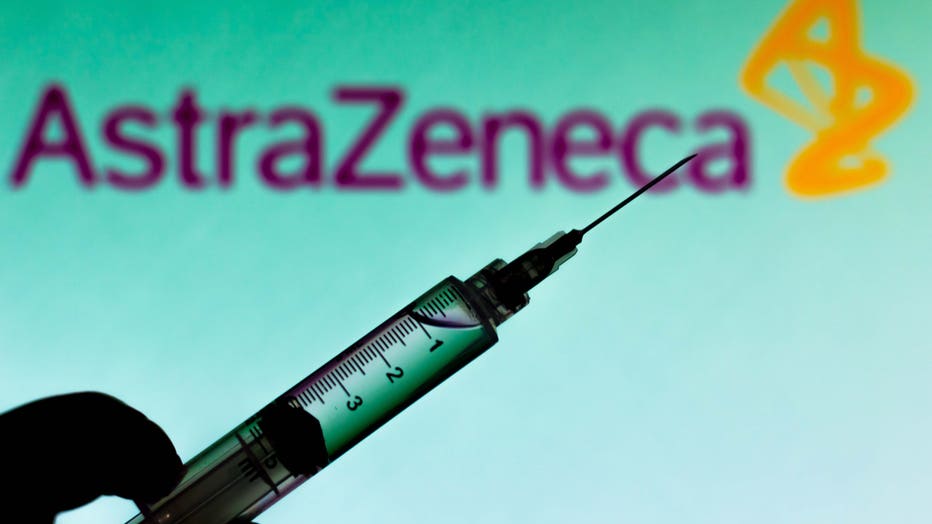FDA allows AstraZeneca’s COVID-19 vaccine trial to resume in US
WASHINGTON - The late-stage trial of a leading COVID-19 vaccine candidate from AstraZeneca and the University of Oxford will resume in the U.S., according to a report from the Wall Street Journal.
The Phase 3 clinical trial for the vaccine candidate was paused after a volunteer developed severe neurological symptoms consistent with transverse myelitis, a rare inflammation of the spinal cord. The company’s testing restarted elsewhere, including in the United Kingdom, but remained on hold in the U.S. while Food and Drug Administration officials investigated.
On Friday, the FDA told AstraZeneca that its study in the U.S. can continue, a person familiar with the matter told The Wall Street Journal. Agency officials didn’t find the vaccine was responsible for the reported neurological symptoms, though it couldn’t rule out a link either, the person told the Journal.
The FDA plans to require vaccine researchers to inform volunteers about the reported symptoms and monitor participants for any related neurological events, the person added.

A file image shows a medical syringe with AstraZeneca’s company logo displayed on a screen in the background. (Photo Illustration by Rafael Henrique/SOPA Images/LightRocket via Getty Images)
The FDA did not immediately respond to a request for comment.
U.S. health officials are requiring manufacturers to do studies of at least 30,000 people to prove if a vaccine protects against the novel coronavirus and how safe it is. Those studies must include adequate numbers of people at highest risk from COVID-19, such as older adults, minorities and anyone with other health problems.
The FDA has made clear that any vaccine must be at least 50% effective. It also said companies must track half their participants for at least two months if they get enough evidence to stop the trials early.
AstraZeneca's coronavirus vaccine candidate is one of four in late-stage development in the United States. Another vaccine candidate by Johnson & Johnson was also temporarily halted to investigate possible side effects.
Temporary stoppages of large medical studies are relatively common, researcher say. Companies are required to investigate any serious or unexpected reaction that occurs during drug testing.
“It’s quite common for serious adverse events to occur, most not relevant to the vaccine,” Peter Hotez, dean of the National School of Tropical Medicine at Baylor College of Medicine, told the Journal. “It’s a reason why we do big trials, and a reason why we shouldn’t skip these important steps.”
Another manufacturer in late-stage development, Moderna Inc., said Thursday that more than two-thirds of its trial participants had received their second dose and were working toward the two-month tracking.
Moderna said it included sufficient groups that have borne the brunt of COVID-19: About a quarter of volunteers are over age 65, and 47% are from minority communities including more than 6,000 Hispanic and more than 3,000 Black participants.
RELATED: Moderna COVID-19 vaccine generates immune response in older adults, study finds
The FDA this week also cleared Gilead Sciences’ antiviral drug remdesivir as a treatment for COVID-19 patients requiring hospitalization. The drug, which is sold under the brand name Veklury, is now the first fully approved treatment in the U.S. for the novel coronavirus.
This story was reported from Cincinnati. The Associated Press contributed.

